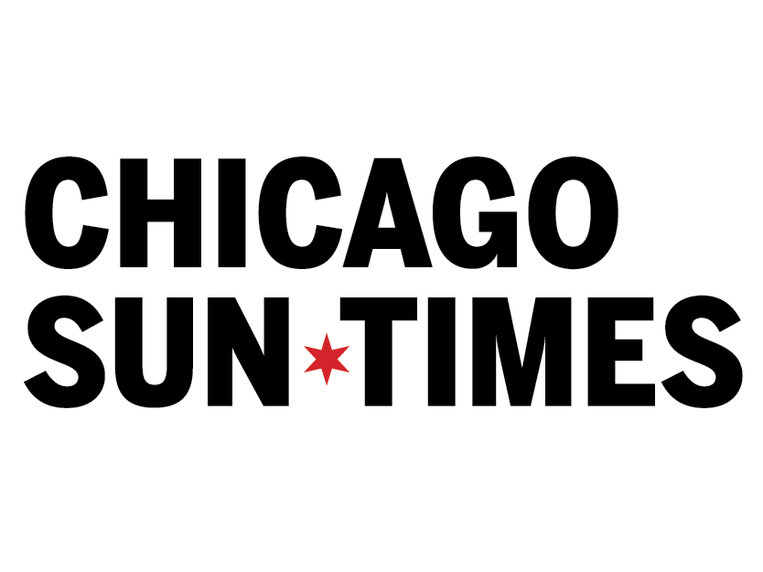The following are excerpts from “Student-athletes given more access to mental health services” at Chicago Sun-Times. You can view the full article here.
As a high school swimmer, Northwestern University senior Jack Thorne was a three-time Colorado state champion and the No. 2 swimming recruit from the state. In college, he participated in U.S. National Swimming competitions and had a top 20 time at the 2018 Big Ten Championships.
But outside the swimming pool, Thorne has experienced anxiety and depression since middle school, when he first began to think about his homosexuality. During his freshman year in college, he suffered a tear in his shoulder, causing him to miss the rest of the swimming season, go on antidepressants and stop going to classes. Thorne described this time in his life as “rock bottom.”
Though he began seeing a psychologist in his senior year of high school, it wasn’t until Northwestern connected him to an athletic trainer who focused on both his physical and mental health that he saw long-term improvements with his mental health symptoms.
To assist athletes like Thorne, college athletic departments are connecting athletes to mental health resources at higher rates than ever. A 2016 National Institutes of Health study found that nearly 135 Division I programs had a mental health clinician, compared to the fewer than 25 programs that had a clinician in 2014, according to ESPN.
Justin Anderson, the founder of Premier Sports Psychology and the sports psychologist for the University of Minnesota, said the efforts have been “really positive for mental health and treating mental health.”
“You look at these all-stars and players that others look up to and think, ‘If it can happen to him, it can happen to me,’” Anderson said. “So that’s really helped and the NBA has taken notice of that.”
Read the full article at Chicago Sun-Times

